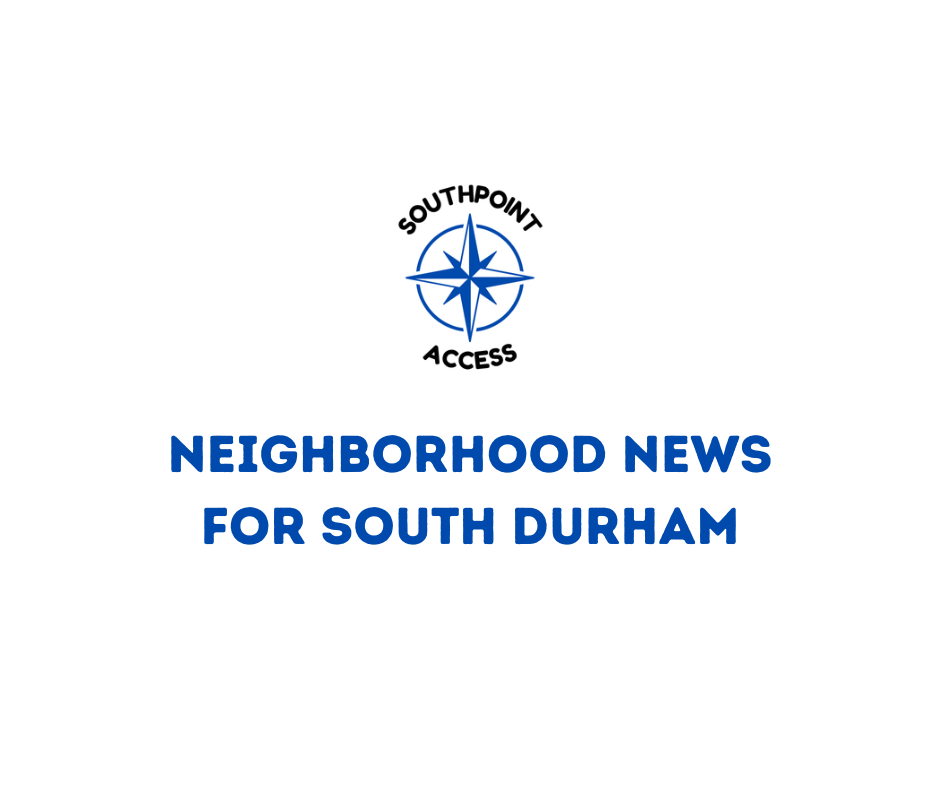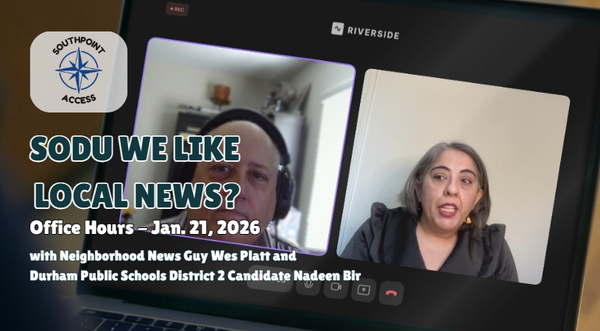Changes Coming to Durham Neighborhood Meeting Process

When Durham’s Joint City-County Planning Commission (JCCPC) meets June 5, the group is expected to discuss changes that are intended to improve the neighborhood meeting process and guidelines.
During the past year, planners held 42 neighborhood meetings, highlighting several issues that caused dissatisfaction in the community. These engagements provided valuable insights and recommendations for the future of neighborhood meetings, according to a memo from Justin Henderson, a business services analyst.
Community Feedback
Community members shared 282 comments, focusing on common themes:
- Transparency.
- Community engagement.
- Frequency of meetings.
- Planner participation.
- Accessibility of meeting notes.
Comparison with Other Cities
In Raleigh, rezoning applicants must hold neighborhood meetings to present key information and are supported by planning staff known as community connectors. After the initial meeting, applicants can either proceed with or withdraw their rezoning request. A second neighborhood meeting may be required before Planning Commission review.
Cary adopts an open-house format for neighborhood meetings, including virtual options via WebEx and phone access. These meetings, facilitated by Cary staff but conducted by applicants, aim to gather early input from neighbors.
Updated Guidelines for Durham
Based on community feedback, the following changes have been made to the Neighborhood Meeting Guidelines:
- Timing: The initial neighborhood meeting for legislative cases must occur within 30 days after application submission, allowing staff to answer community questions.
- Second Meeting: Legislative cases now require a second neighborhood meeting after staff review and before the Planning Commission hearing to discuss any changes.
- Advertising: A sign must be posted on the site proposed for rezoning/annexation, advertising the neighborhood meeting.
- Scheduling: Meetings cannot coincide with regular governing body or Planning Commission meetings.
These updates aim to provide more opportunities for community feedback and create a more inclusive, participatory environment, enabling community members to influence decision-making and shape development outcomes.
Future Considerations
Further enhancements to the neighborhood meeting process are being explored, including:
- Third-Party Facilitation: Introducing impartial facilitators to ensure fair and productive discussions.
- Applicant Training: Developing programs to enhance applicants’ facilitation and leadership skills during meetings.
These future options aim to improve the overall effectiveness of neighborhood meetings and more comprehensively address community concerns more comprehensively.
Southpoint Access is a free community news website run as a service to our neighbors in South Durham. Please consider supporting us as a subscriber on Patreon or donate to underwrite the cost of covering the news that matters to you in neighborhoods like Woodcroft, Parkwood, Fairfield, and Hope Valley Farms.


![[Nerdspresso] A Nerdy News Round-Up - Jan. 23, 2026](/content/images/size/w600/2026/01/sinnersjordan.png)


